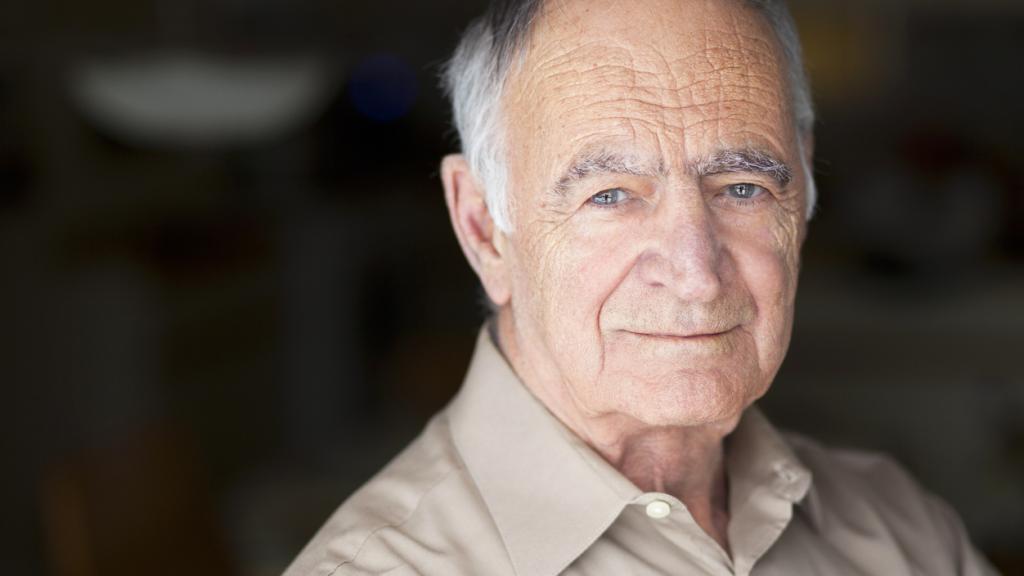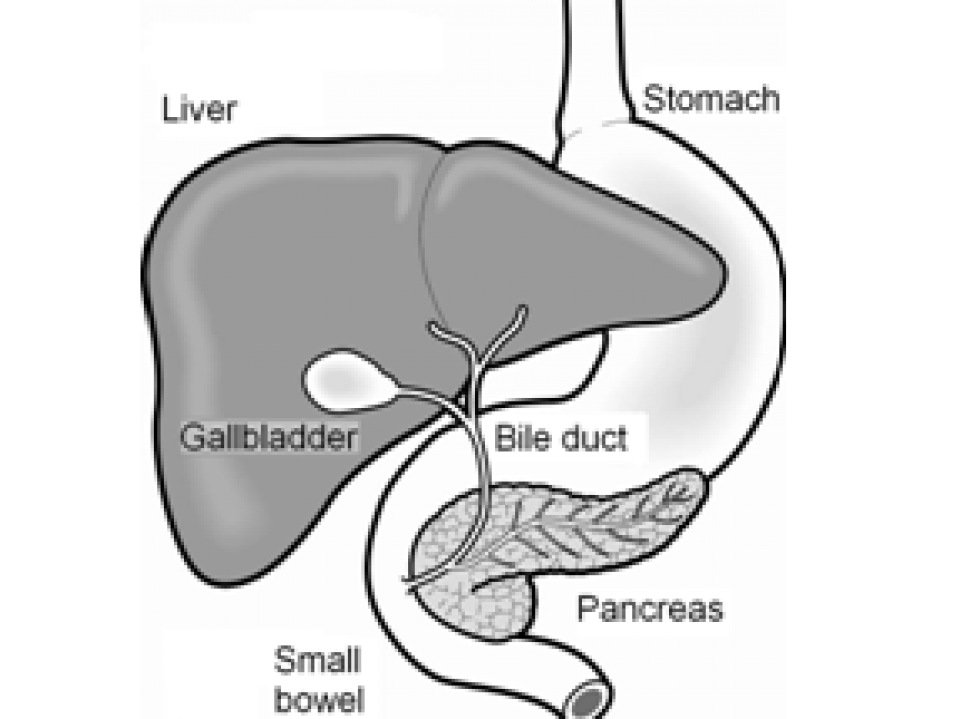
Primary liver cancer
Around 300 people are diagnosed with liver cancer each year in Ireland. It is twice as common in men than in women.
Liver cancer treatments include chemotherapy, surgery, radiotherapy and targeted therapies.
On this page:
What is primary liver cancer?
Primary liver cancer is a cancer that starts when liver cells change and grow in an abnormal way to form a group of cells called a tumour.
The main type of liver cancer is hepatocellular carcinoma (HCC). This is cancer that develops in the main liver cells called hepatocytes. HCC accounts for about 8 in 10 primary liver cancers.
Cholangiocarcinoma (bile duct cancer) is a less common type of primary liver cancer. It occurs in the small, tube-like bile ducts within the liver that carry bile to the gallbladder. Cholangiocarcinomas account for 1 in 10 primary liver cancers. Intrahepatic bile duct cancer begins in ducts located in the liver. Extrahepatic bile duct cancer develops in ducts outside the liver.
Around 300 people are diagnosed with liver cancer each year in Ireland.*
What is metastatic (secondary) cancer in the liver?
Sometimes other cancers spread to the liver. This is called secondary liver cancer (metastatic cancer). For example, bowel (colorectal) cancer cells can spread to the liver. The cancer cells are not liver cancer cells. So, for example, when bowel cancer spreads to the liver the cancer cells are bowel cancer cells and are treated with bowel cancer treatments, even though they are in the liver.
Metastatic cancer in the liver (secondary liver cancer) is a lot more common than primary liver cancer.
The information in these pages is about primary liver cancer.

What is the liver and what does it do?
The liver is the largest organ inside the body. It has two lobes: a right and left lobe. It is on the upper right side of the abdomen, under your rib cage.
The liver is a very important organ and has many roles:
- It makes proteins that help blood to clot, preventing bleeding.
- It makes other proteins (albumin) needed for fluid balance in your body.
- It plays an important role in the body's ability to fight infection.
- It makes cholesterol, needed for every cell in your body to grow.
- It stores and converts carbohydrates and fats into energy.
- It makes bile that breaks down fats and absorbs them into the body.
- It stores glucose and nutrients until the body needs them.
- It gets rid of substances not needed by your body. These include alcohol, drugs and other waste products.
More information about liver cancer
More information about a liver cancer diagnosis
More information about liver cancer treatment
Treatment for liver cancer includes chemotherapy, surgery, radiotherapy, and targeted therapies. For more information about treatments for liver cancer, visit our treatment page.
Looking for support?
Our cancer support section contains information and advice on coping with cancer for diagnosed patients and their loved ones.
Medical content reviewed Assoc Professor Ross MacNicholas, Consultant Gastroenterologist and Hepatologist; Assoc Professor Emir Hoti, Consultant Hepatobiliary and Transplant Surgeon; Michèle Bourke, Hepatocellular Carcinoma Advanced Nurse Practitioner (January 2023)
*The Irish Cancer Society uses the most up-to-date cancer statistics from the National Cancer Registry Ireland, available on www.ncri.ie

* The Irish Cancer Society uses the most up-to-date cancer statistics from the National Cancer Registry Ireland, available on www.ncri.ie
For more information
Phone
1800 200 700







